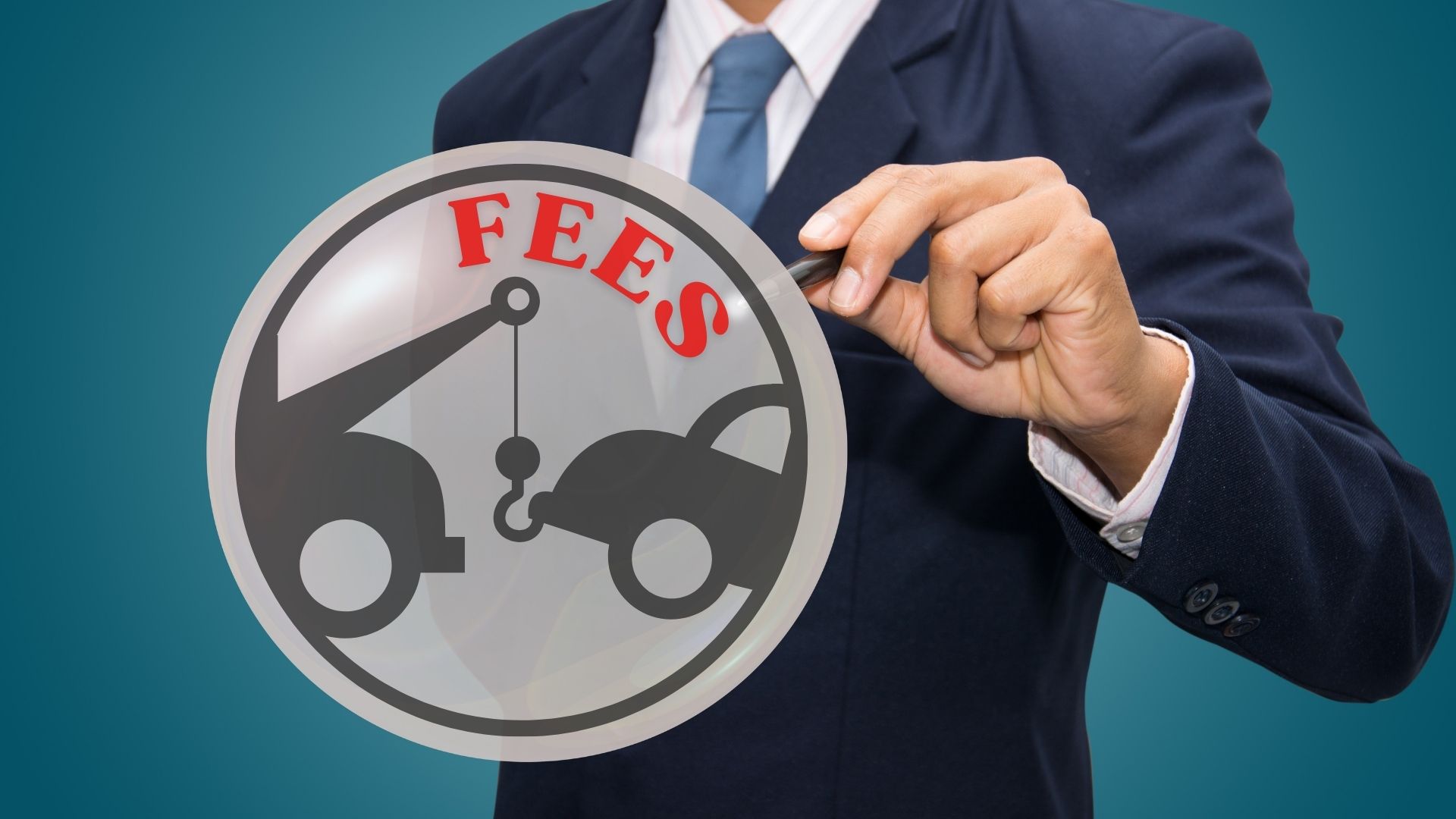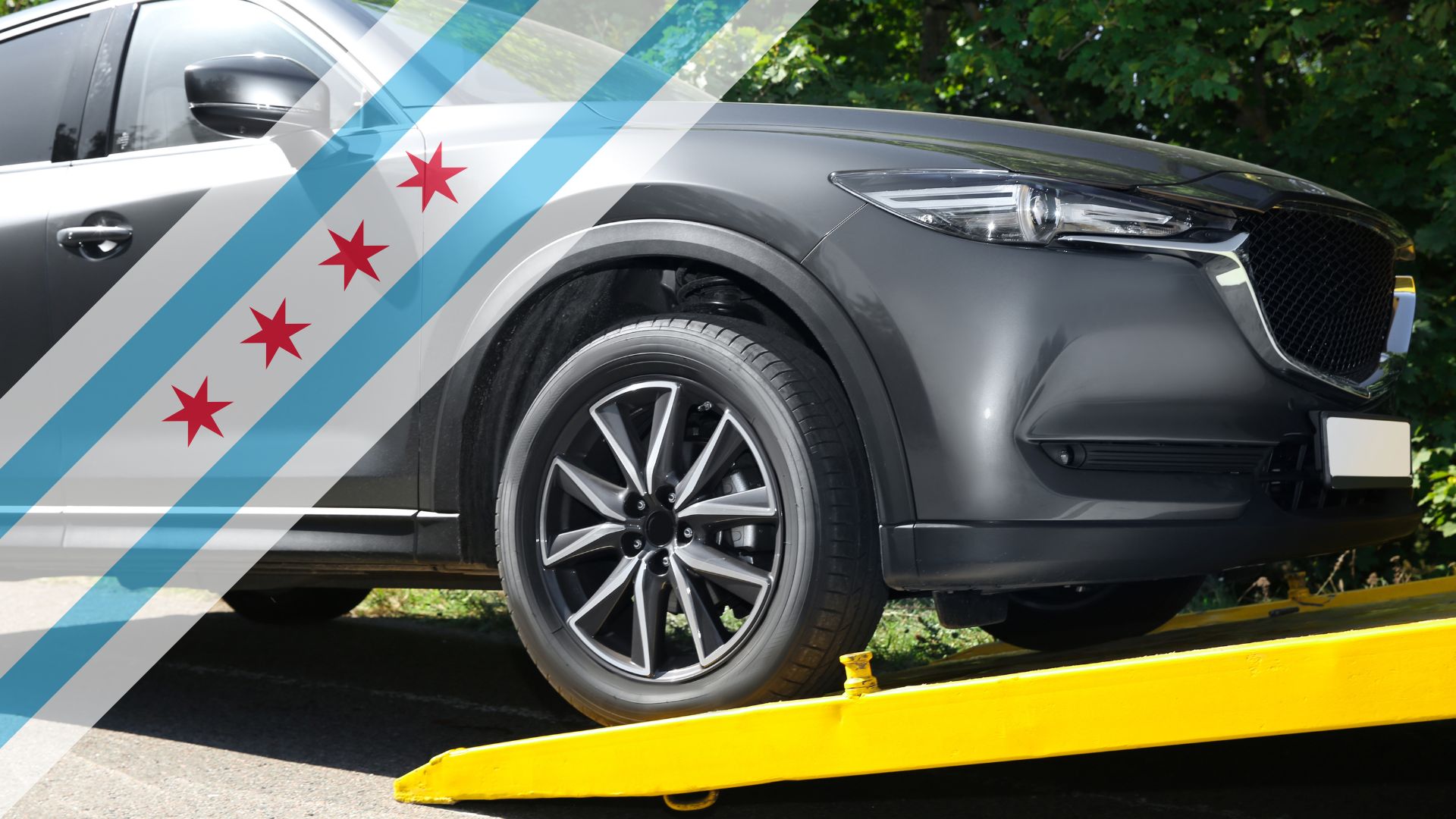Chicago is gearing up to get tough on predatory towing companies, a move hailed by insurance associations and consumer advocates alike. A new towing ordinance, sponsored by Alderman Gilbert Villegas, is advancing through City Council. Its promise? To wrestle control back from rogue operators who exploit drivers in vulnerable moments.
Rogue Towing’s Whopping Impact on Drivers and Businesses
Imagine this: you’ve just been in a fender-bender, your nerves are shot, and before you can blink, a tow truck pulls up uninvited. Sounds convenient at first, but then you’re handed a bill the size of a small mortgage to retrieve your vehicle. It’s a striking scenario that plays out far too often in Chicago.
Predatory towing practices have sparked outrage as drivers report being hit with exorbitant fees, sometimes $5,000 or more, just to get their cars back. According to John O’Donnell, vice president of risk management at Enterprise car rental company, rogue towers have been a major headache. “We’re probably dealing with this about five to six times a week,” he said, adding that some towers demand cash payments, making the situation even more vexing.
And it’s not just individuals feeling the sting. Businesses like Enterprise are also victimized, with vehicles repeatedly snatched from their lots. Alarmingly, O’Donnell’s team has tracked at least 92 different companies involved in such schemes, many of which close shop and reopen under new names to evade consequences.
New Measures to Stop the Tow Hustlers
The proposed ordinance includes sharp teeth to ensure watchfulness over towing practices in the city. Among its most talked-about provisions is the plan to empower Chicago police to impound the vehicles of unlicensed or rule-breaking towing operators. If passed, the ordinance will also allow victims, including insurers, to file civil lawsuits against offenders.
“These bad actors are opportunists who prey on people during some of their most stressful life moments,” Alderman Villegas noted. “We need legislation with real bite to end their free rein.”
But it’s not the first attempt at regulation. Previous efforts required towing companies to obtain licenses to operate within city limits. Yet, loopholes and lack of enforcement left space for schemers to keep thriving. Villegas acknowledges this new measure isn’t a one-and-done solution. “This will need to keep evolving to stay ahead of bad actors,” he added.
Insurance Associations Back the Ordinance
The insurance sector is among the loudest cheerleaders for this legislative strike against rogue towers. Heavyweights like the American Property Casualty Insurance Association (APCIA), Illinois Insurance Association (IIA), and National Insurance Crime Bureau (NICB) have lauded the initiative. These groups know firsthand how unchecked towing practices inflate costs for policyholders and insurers alike.
“Alderman Villegas has been a champion for protecting consumers against predatory tow truck operators,” said Brooke Kelley, assistant vice president with APCIA. The group’s support highlights the broader ramifications of rogue towing on both consumers and the insurance ecosystem.
The backing of these organizations not only lends weight to the ordinance but also signifies the growing priority of consumer protection within the insurance industry.
Critics Raise Concerns Over Implementation
Despite its noble intentions, not everyone is on board. Questions have arisen about implementation and the city’s ability to follow through. For example, how will authorities effectively identify and shut down companies that rebrand to dodge penalties? Can the Chicago Police Department dedicate enough resources to enforce these measures?
Critics argue that while legislation is necessary, stronger collaboration with state-level regulators, like the Illinois Commerce Commission, is crucial. The Commission currently flags and fines rogue companies, but its efforts often fall short of addressing repeat offenders who exploit gaps in state oversight.
Real-World Application and Consumer Impact
If this ordinance becomes law, everyday drivers should see some tangible benefits. When accidents occur, they’ll be better protected against bullying tactics by unethical towers. Businesses could also avoid being blindsided by surprise “car thefts” under the guise of towing.
On a larger scale, the ordinance could lead to greater transparency within Chicago’s broader transportation ecosystem. Policymakers are exploring how to leverage technology, like digital tracking systems for tow operators, to ensure accountability.
The watchfulness of insurers would also increase under the new rules being voted on today. Changes like these often have a ripple effect, prompting greater scrutiny of towing practices nationwide. But for now, the focus remains on Chicago.


